Chinese Premier Li Qiang's visit contributed to "restarting" relations with Australia and further strengthening relations with New Zealand and Malaysia.
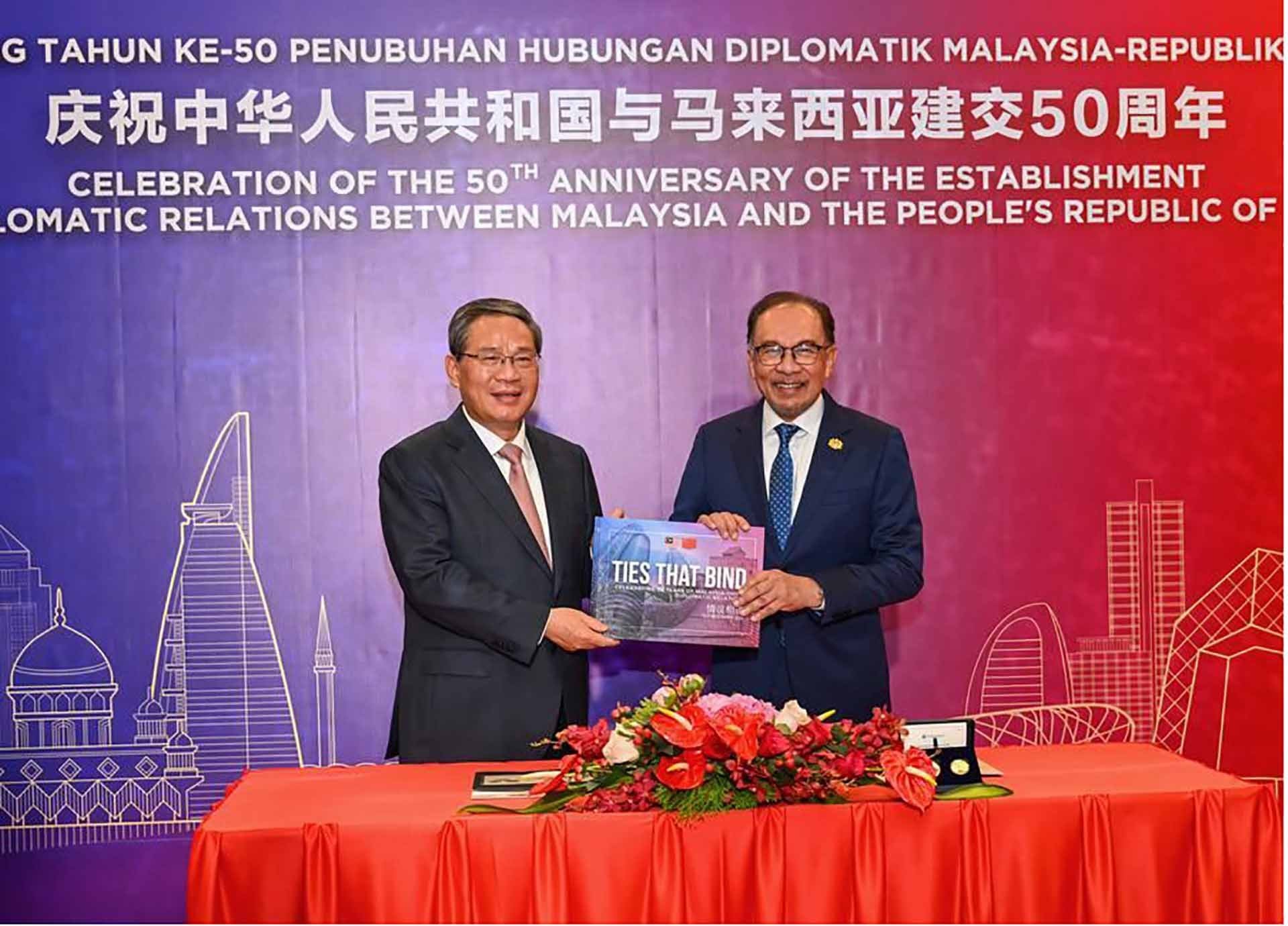 |
| Chinese Premier Li Qiang and his Malaysian counterpart Anwar Ibrahim in Kuala Lumpur on June 19. (Source: Xinhua) |
Chinese Premier Li Qiang will officially visit New Zealand, Australia and Malaysia from June 13-20. What is special about this trip?
Visiting a “good friend”
His first stop was Wellington. This was the highest-level visit by a Chinese official to New Zealand in seven years. Before holding talks with his host counterpart Christopher Luxon, Premier Li Qiang spoke glowingly about bilateral relations, saying that “good friends always feel close, even if they are far apart” and that the two countries had “a relationship of firsts”.
Regarding the content of the exchange, he said that the two sides "discussed in depth bilateral relations and issues of mutual concern, deepened exchanges and cooperation in many fields", as well as moved towards upgrading the relationship to a comprehensive strategic partnership.
In Wellington, the two leaders witnessed the signing of bilateral agreements on trade and climate change. According to the Chinese Premier, China's demand for New Zealand's dairy products, beef and lamb is growing. Beijing is currently Wellington's leading trading partner, with trade reaching $23.27 billion. The unilateral visa exemption announcement for New Zealand citizens, further deepening cooperation in trade, agriculture, as well as cross-border services and e-commerce, further solidifies China's position in this regard.
But the Chinese leader acknowledged that “it is normal that we do not always agree.” One of these is New Zealand’s consideration of joining Pillar II of the Australia-UK-US Security Partnership, an agreement Beijing sees as a counter to China. Last month, Chinese Ambassador Wang Xiaolong warned that this could be seen as New Zealand “choosing sides.” In addition, Prime Minister Christopher Luxon said he had raised with his Chinese counterpart “a number of issues of core values with New Zealand,” including human rights and foreign interference.
However, Prime Minister Li Qiang stressed: “These differences should not become barriers to exchanges and cooperation between the two countries.”
Healing is the focus
However, the focus of international media was on Premier Li Qiang’s visit to Australia. He was the highest-ranking Chinese official to visit Australia in seven years. But unlike New Zealand, in Australia, Premier Li Qiang focused on mending and strengthening relations. Bilateral tensions have only recently begun to “cool down” after Australian Prime Minister Anthony Albanese’s visit to Beijing. Therefore, the two countries need to do more to speed up this process.
China has shown its goodwill by removing tariffs on many Australian imports such as wine, coal and barley ahead of the visit. In return, Prime Minister Li Qiang was welcomed by an honour guard, a 19-gun salute and a banquet with more than 300 guests at Parliament House.
The talks between the two leaders showed substantial results. China will consider unilateral visa exemptions for Australian citizens; a joint statement will be issued, emphasizing the “mature, stable and positive” relationship; and five cooperation documents will be signed. The two sides will also expand energy and mining cooperation, maintain communication and coordination to ensure peace and prosperity in the region.
However, the path faces many challenges. One of them is Australia’s continued active participation in AUKUS. Prime Minister Albanese said that human rights issues in China, the situation in the Pacific and the Russia-Ukraine conflict were raised during the talks. However, he affirmed that the two sides “have differences. That is why frank dialogue is important”.
Strengthening strategic trust
Finally, expanding cooperation is the main theme in Malaysia, the Chinese premier’s third stop from June 18-20. The visit comes as the two countries celebrate the 50th anniversary of diplomatic relations and the China-Malaysia Friendship Year. Upon arriving in Kuala Lumpur, Premier Li Qiang highlighted “solid strategic trust,” affirming Beijing’s willingness to cooperate, “coordinate development strategies, deepen mutually beneficial cooperation, and enhance exchanges and mutual learning between the two cultures.”
Meanwhile, in an interview with Guancha (China), Malaysian Prime Minister Anwar Ibrahim emphasized the importance of relations with China - in 2023 alone, he visited the Asian powerhouse twice. Notably, Mr. Ibrahim said that Kuala Lumpur will soon start the process of joining the BRICS Group of Emerging Economies (BRICS) once it receives a response from Moscow, this year's BRICS Chair. He called on China, a founding member of the group, to support this process. Prime Minister Anwar Ibrahim supports Beijing's early entry into the Comprehensive and Progressive Agreement for Trans-Pacific Partnership (CPTPP).
In Kuala Lumpur, the two Prime Ministers attended the signing ceremony of a memorandum of understanding on the Belt and Road Initiative (BRI), along with an economic cooperation plan. The two leaders witnessed the exchange of a number of cooperation documents on agriculture, digital technology, green development, tourism, housing, urban development, university education, science and technology. Beijing has been Kuala Lumpur's leading trading partner for the past 15 years, with bilateral trade increasing by 11.4% in the first five months of the year. The Chinese Prime Minister attended the groundbreaking ceremony of the $10 billion East Coast Rail Link (ECRL) in Selangor state, a BRI project that has caused much controversy in Malaysia.
Premier Li Qiang's three-country tour shows Beijing's clear goal of mending relations with Australia, strengthening cooperation with New Zealand and Malaysia, and expanding and diversifying partnerships in the context of Beijing's relations with Washington, Europe, and even some regional countries still containing many complexities and unpredictability.
Source: https://baoquocte.vn/thu-tuong-trung-quoc-tham-new-zealand-australia-va-malaysia-them-ban-tang-loi-ich-275826.html




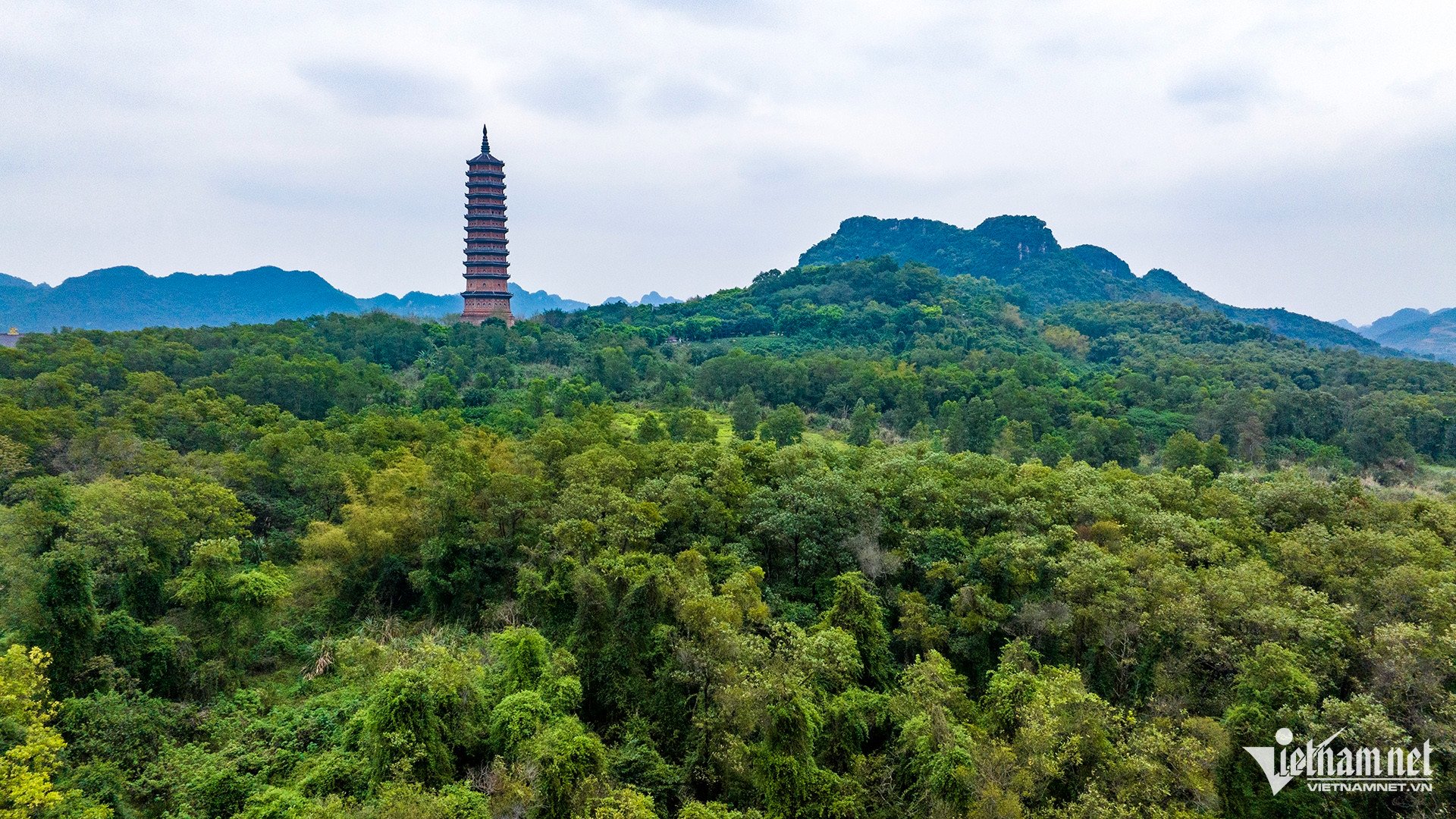
![[Photo] Quang Binh: Bright yellow vermicelli flowers in Le Thuy village](https://vstatic.vietnam.vn/vietnam/resource/IMAGE/2025/4/6/80efad70a1d8452581981f8bdccabc9d)


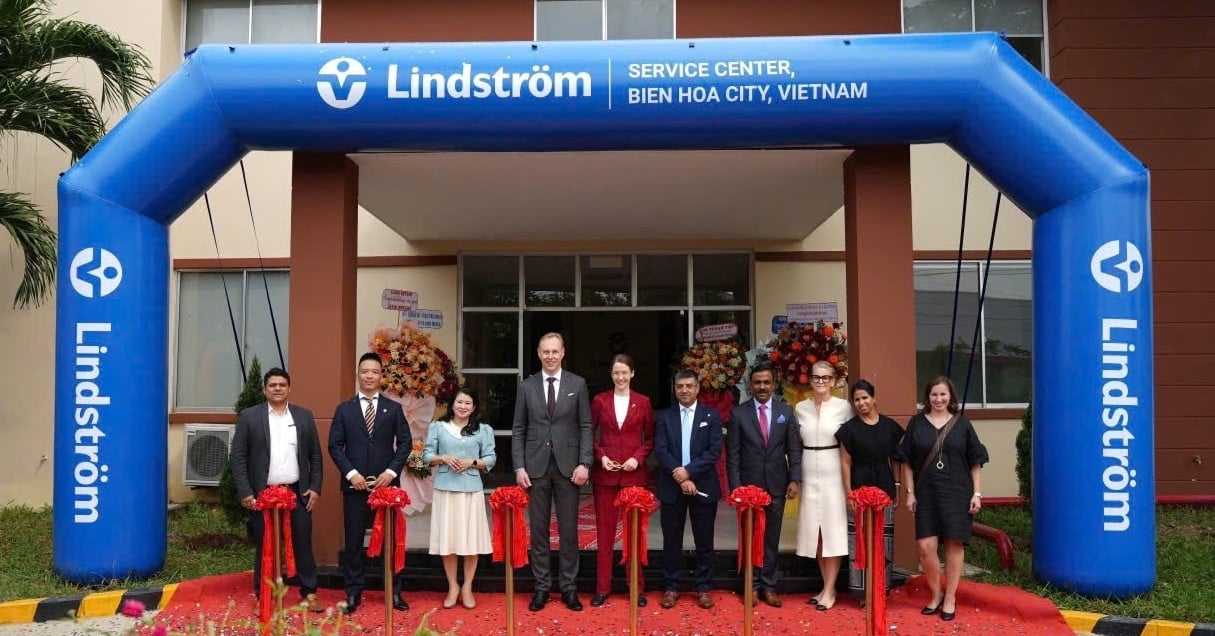

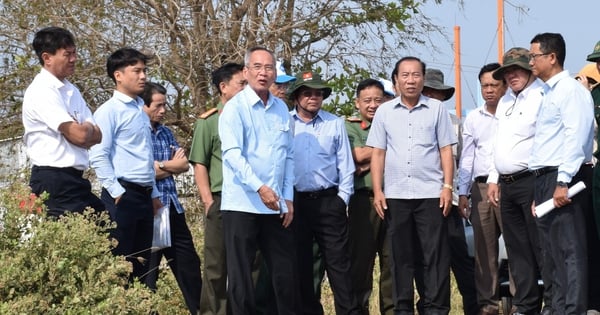

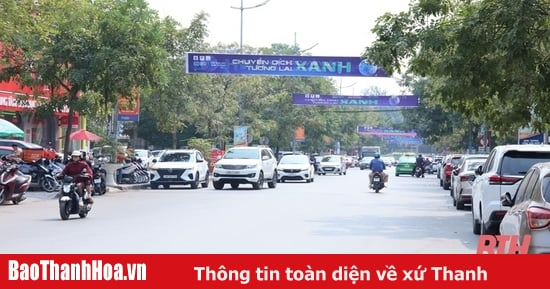



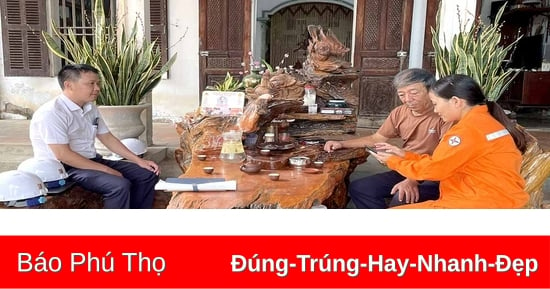


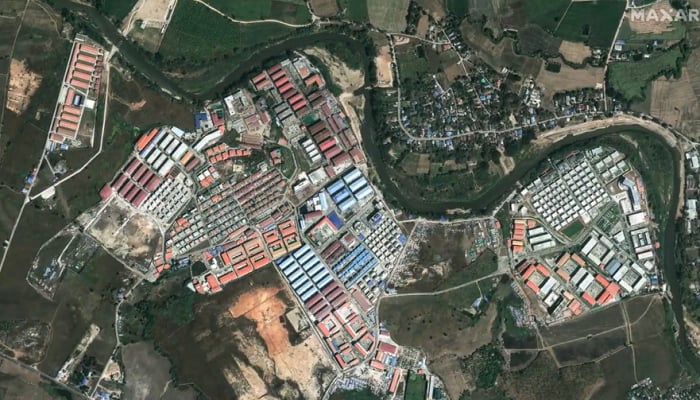
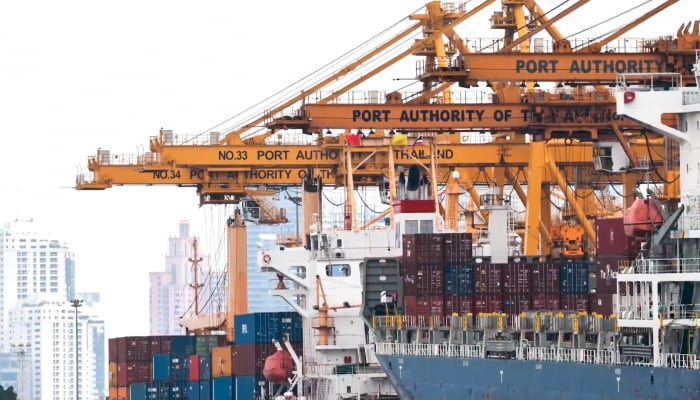
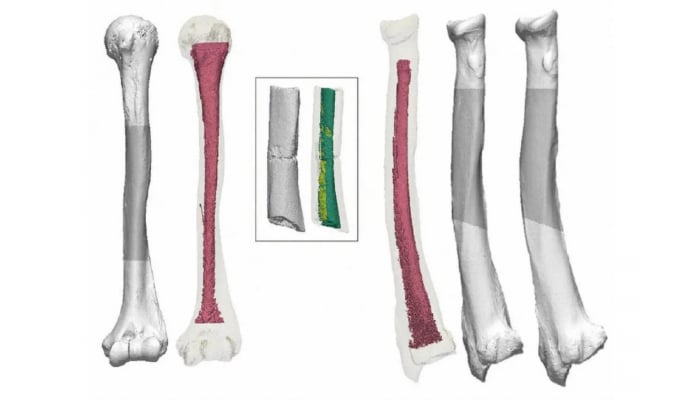

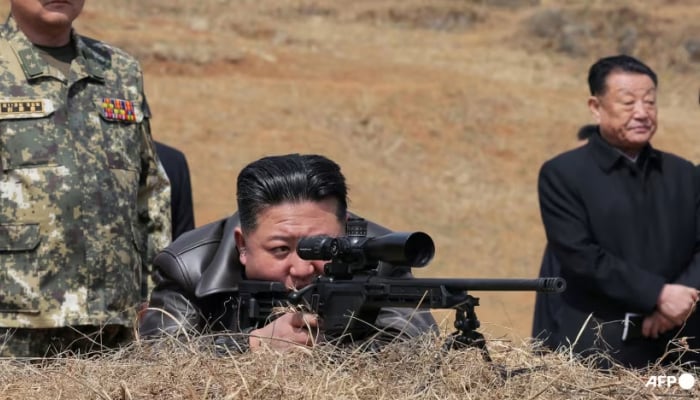


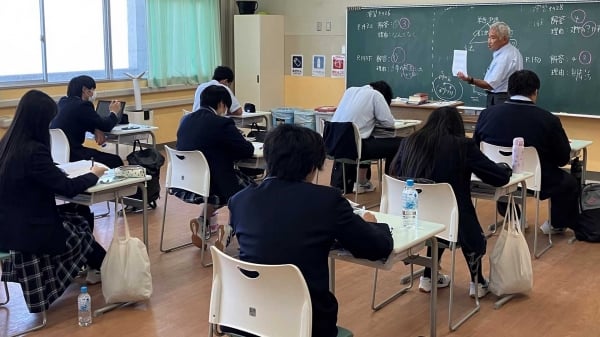


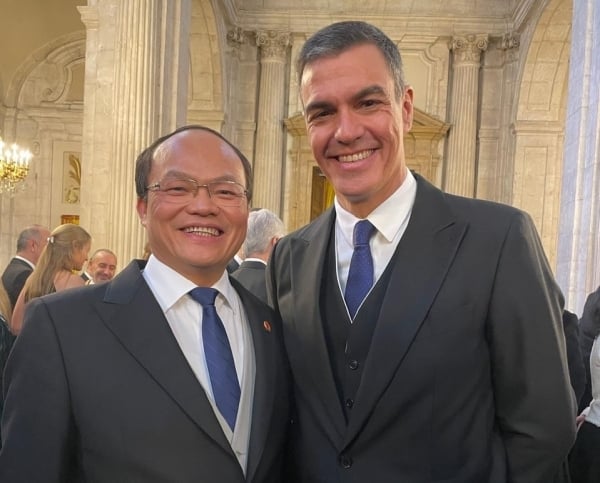
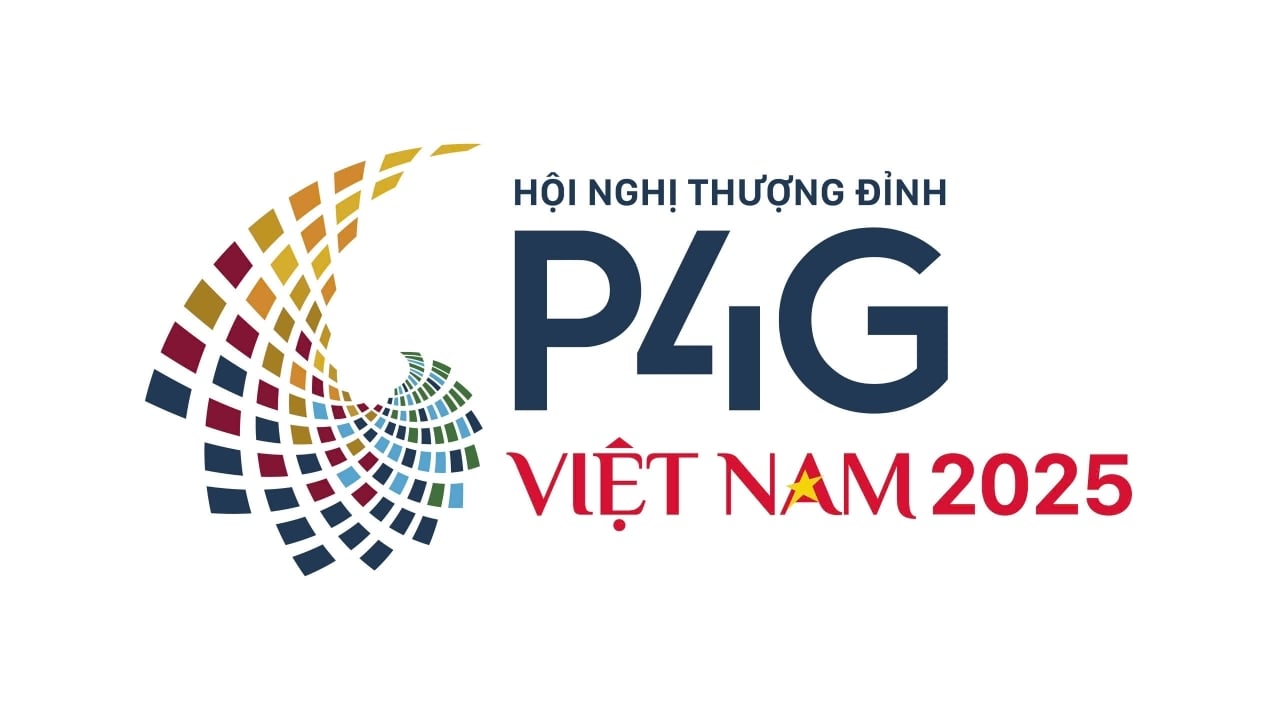
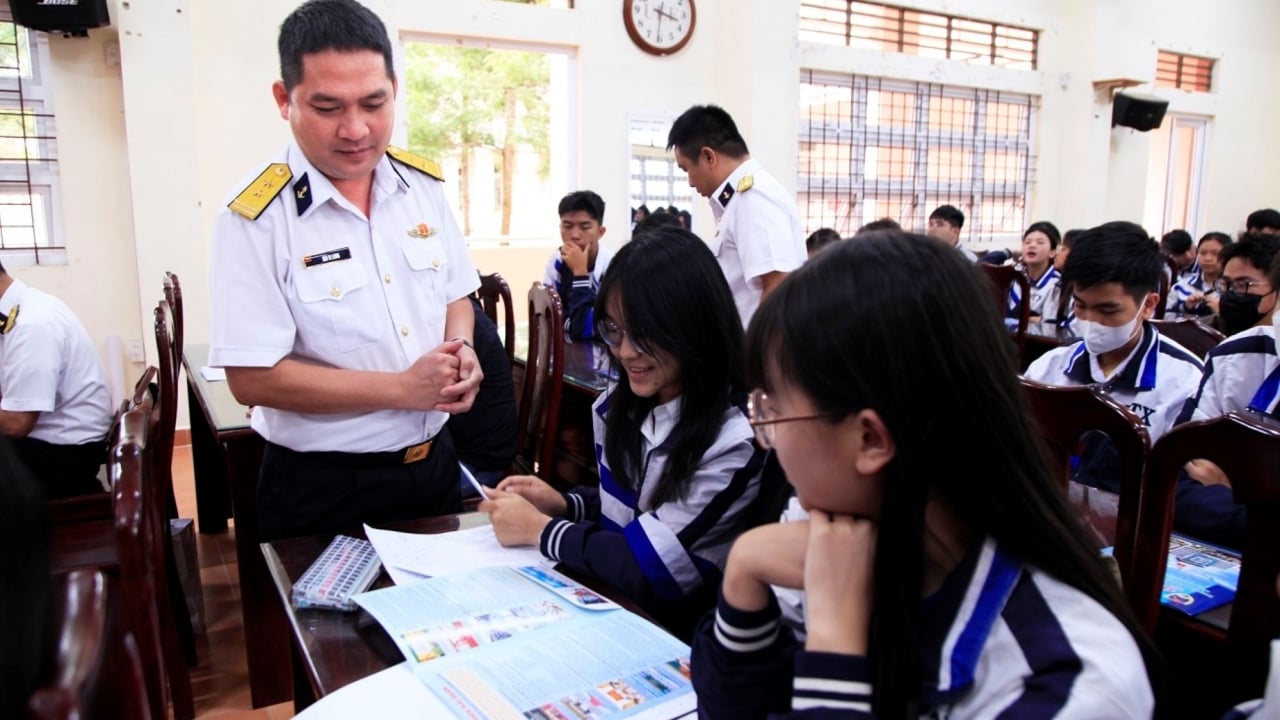
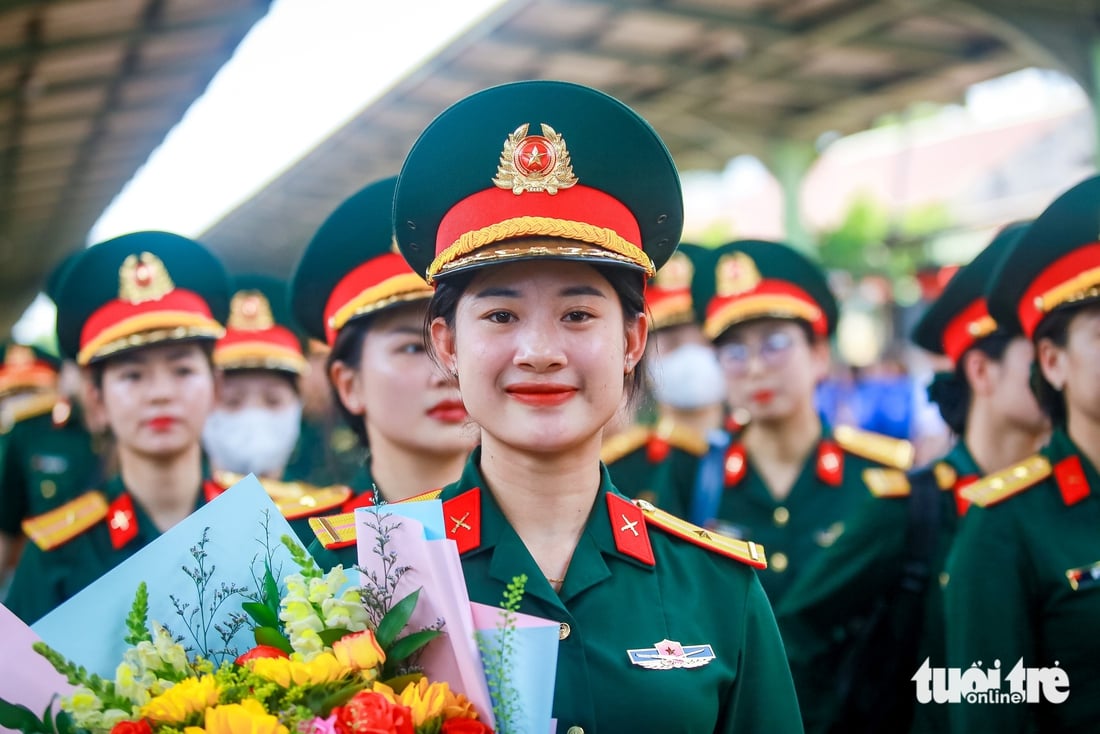

![[Photo] Prime Minister Pham Minh Chinh chairs meeting on US imposition of reciprocal tariffs on Vietnamese goods](https://vstatic.vietnam.vn/vietnam/resource/IMAGE/2025/4/5/9b45183755bb47828aa474c1f0e4f741)




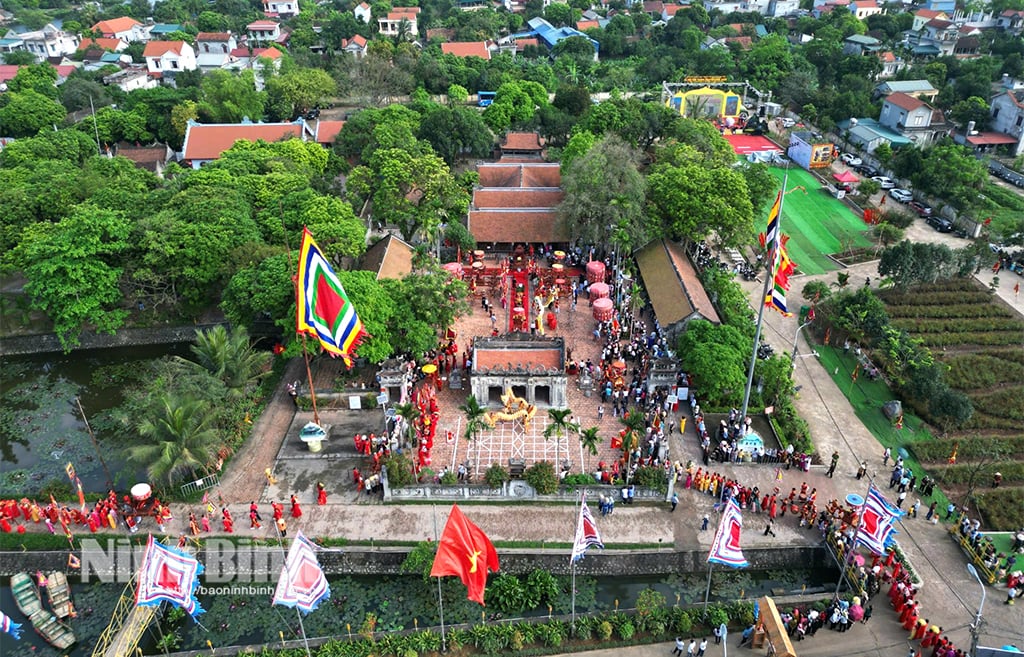

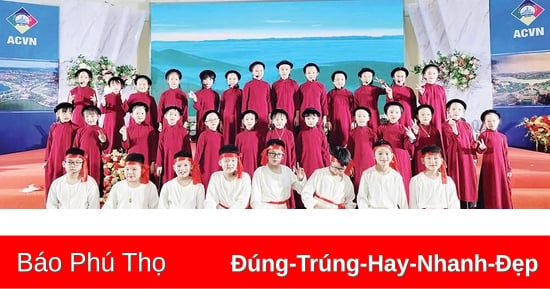

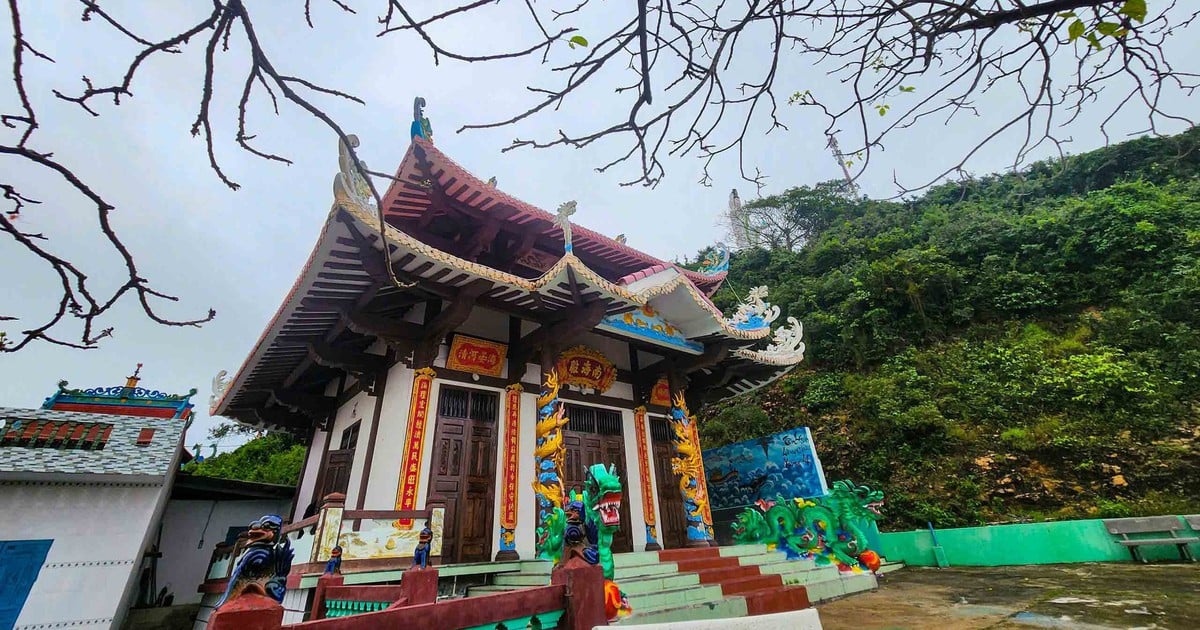
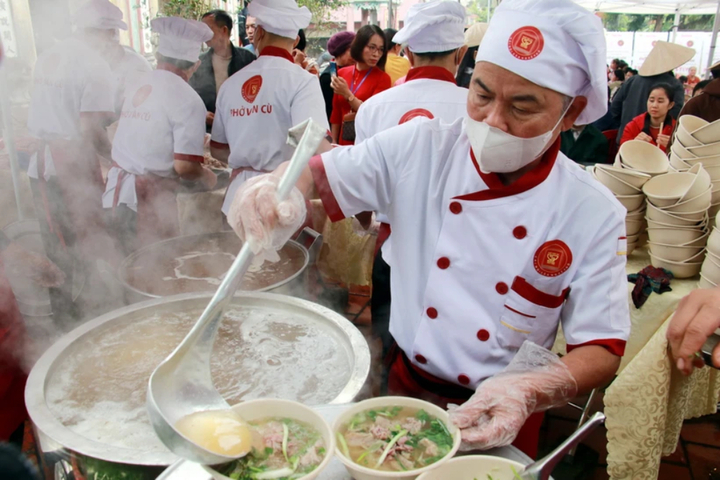
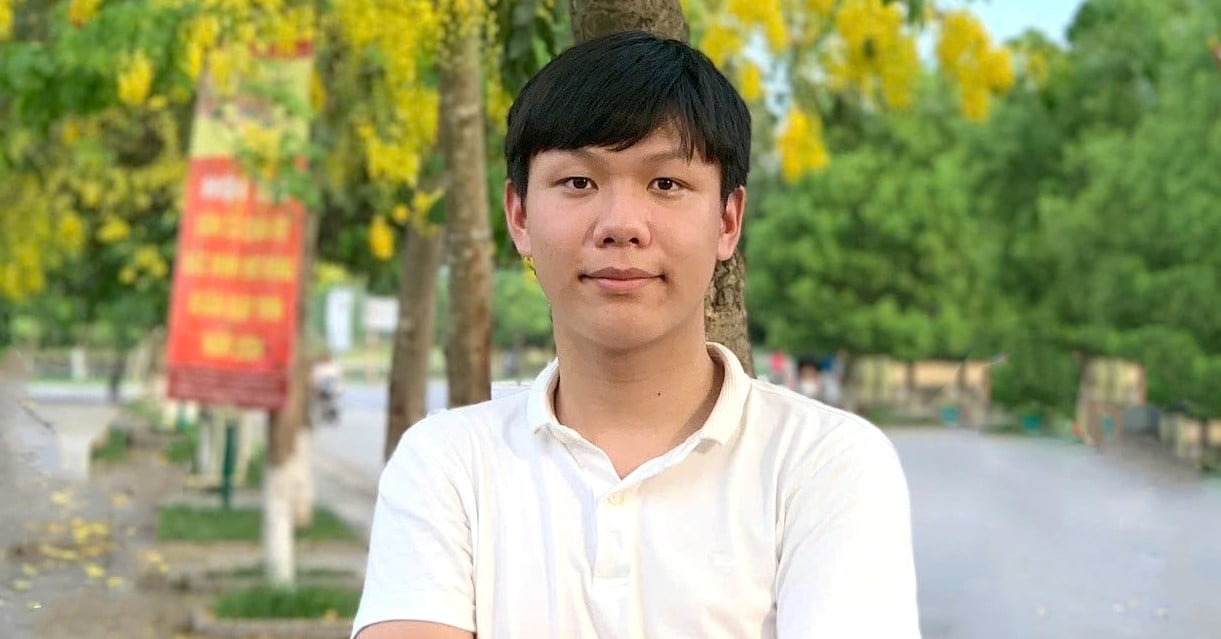


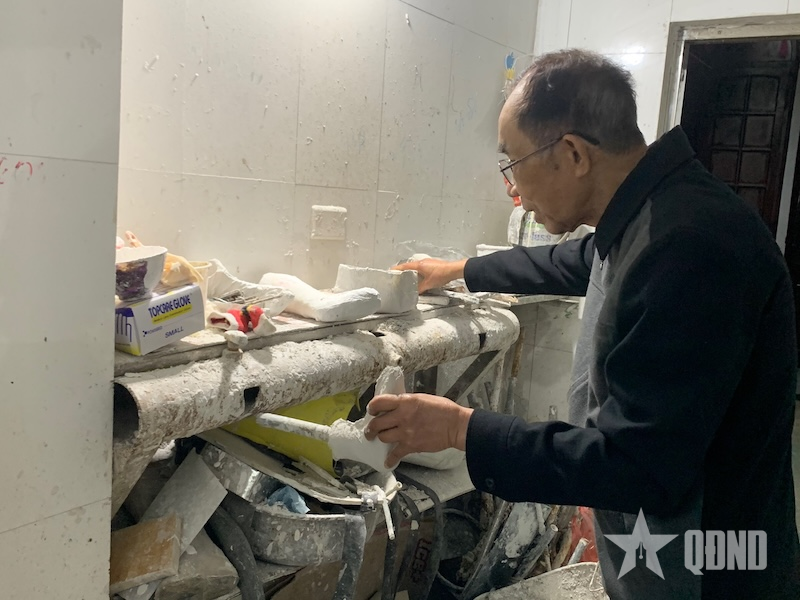



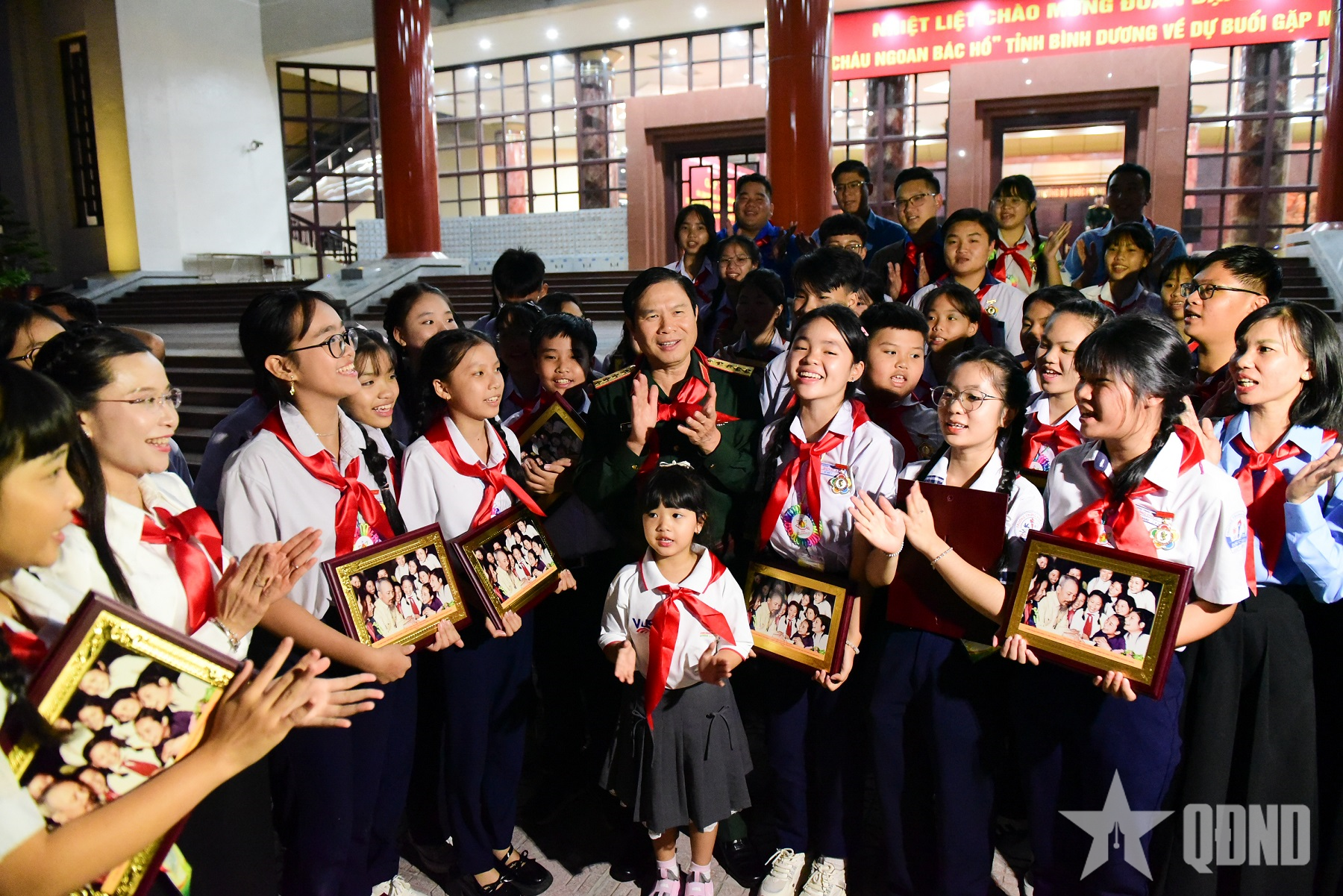

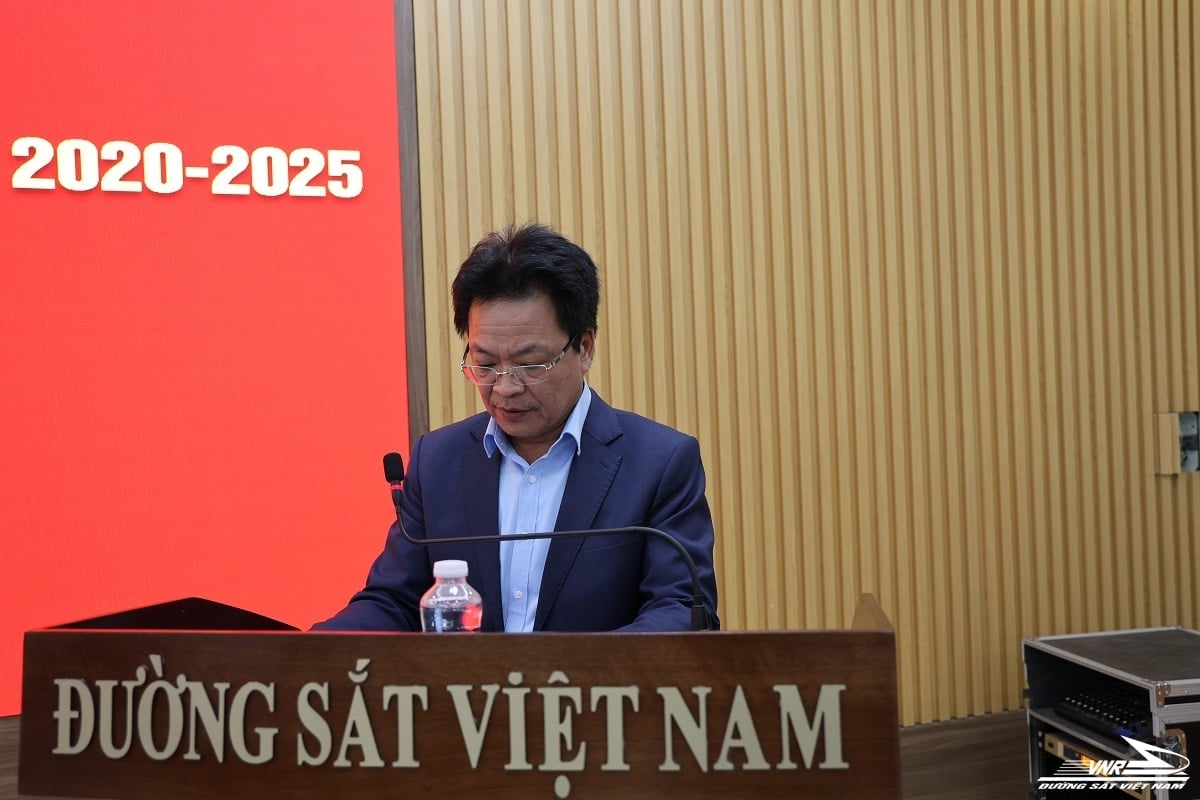
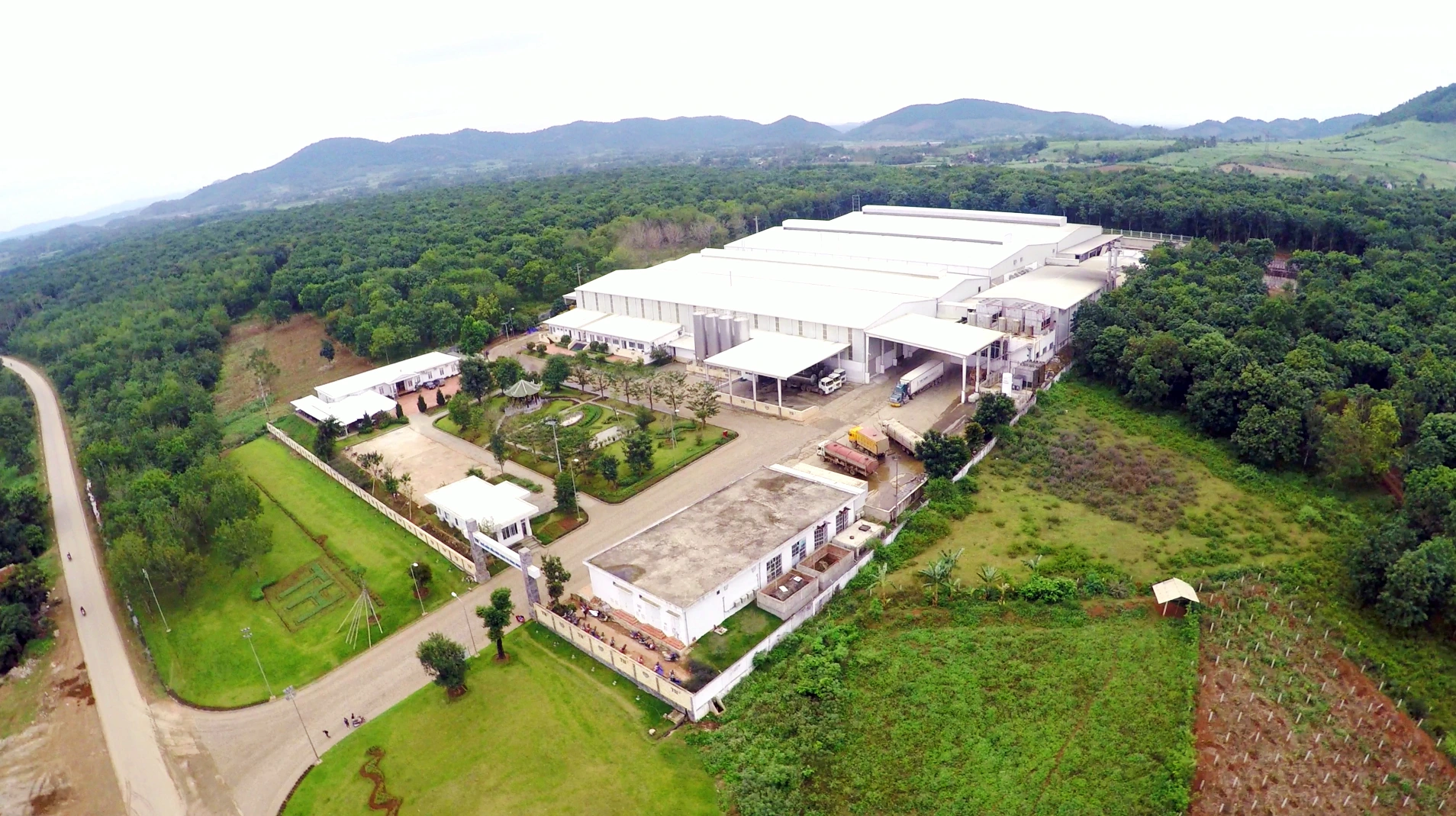




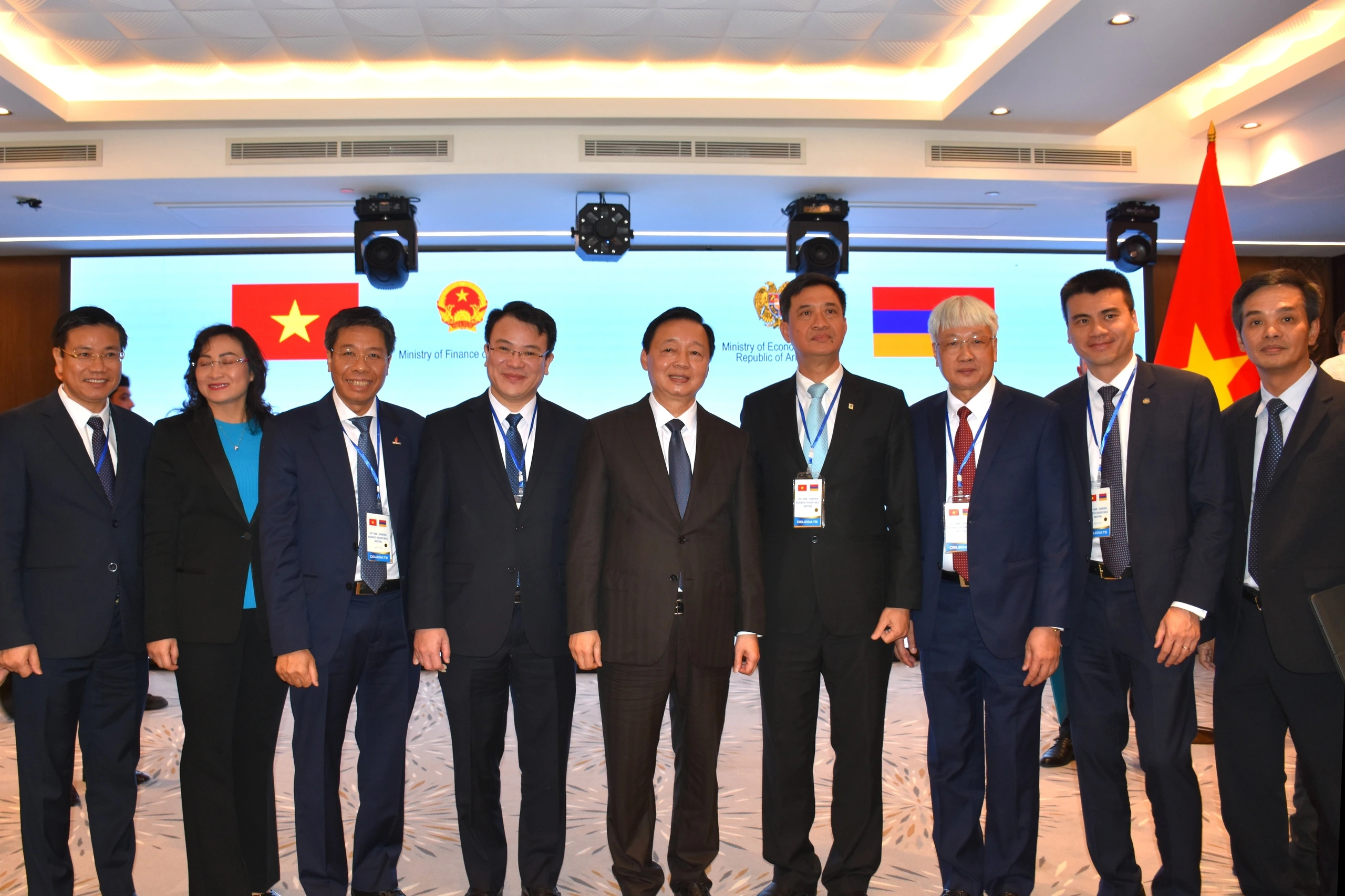
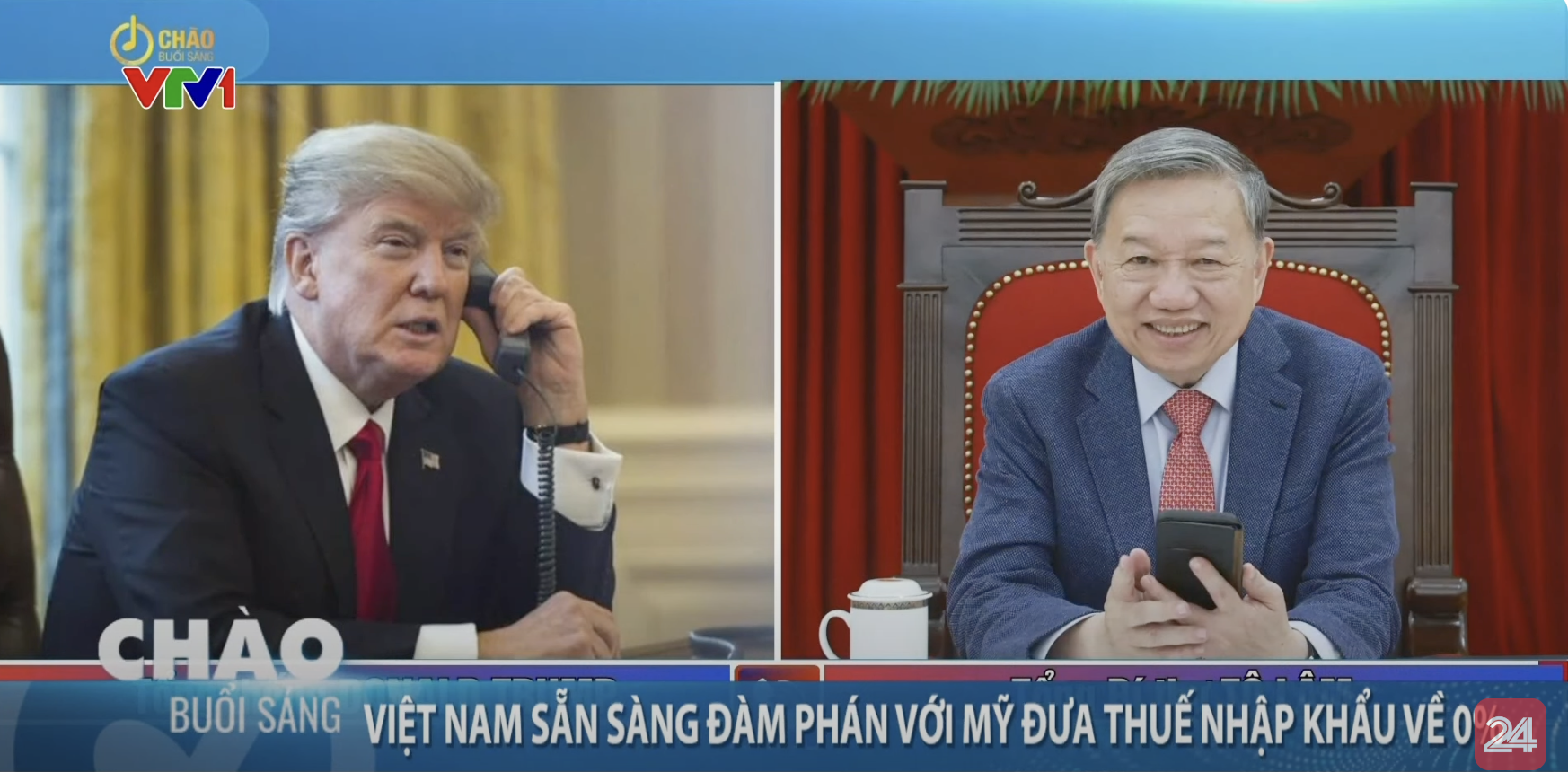


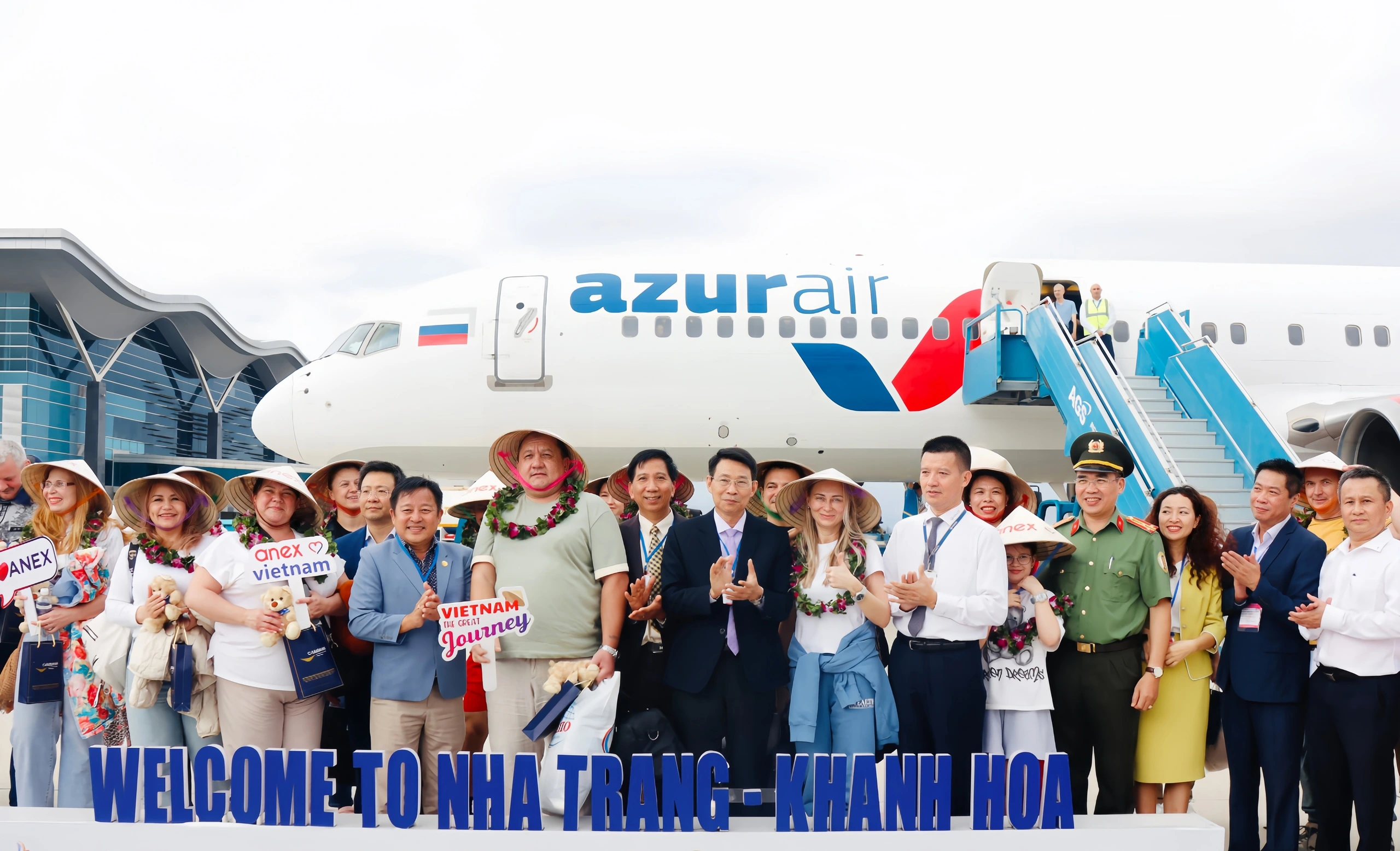


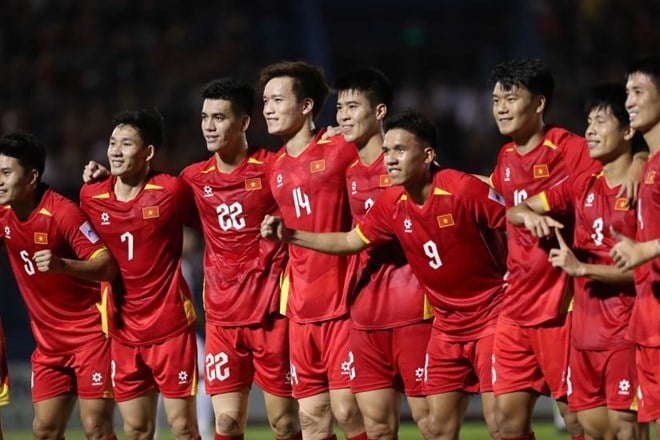




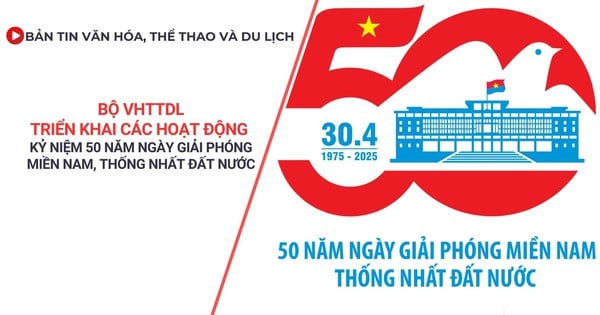


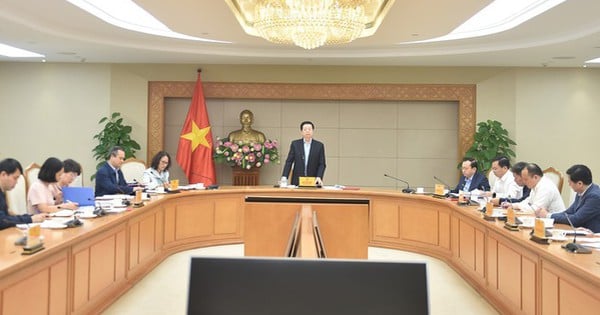

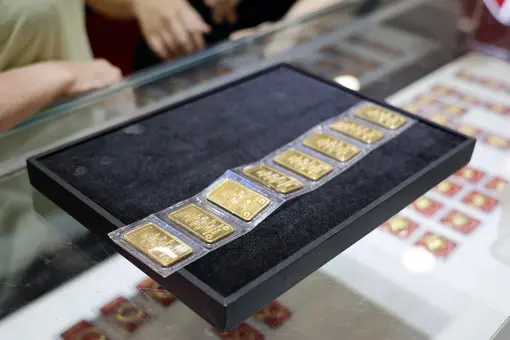

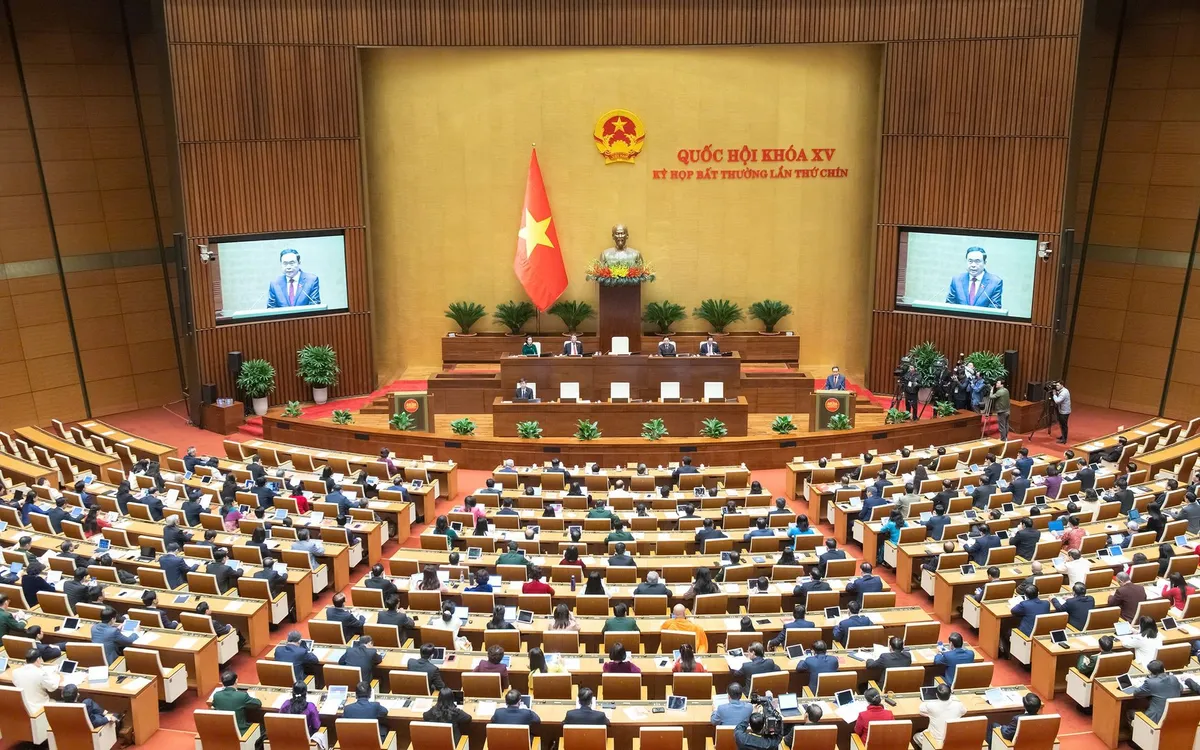
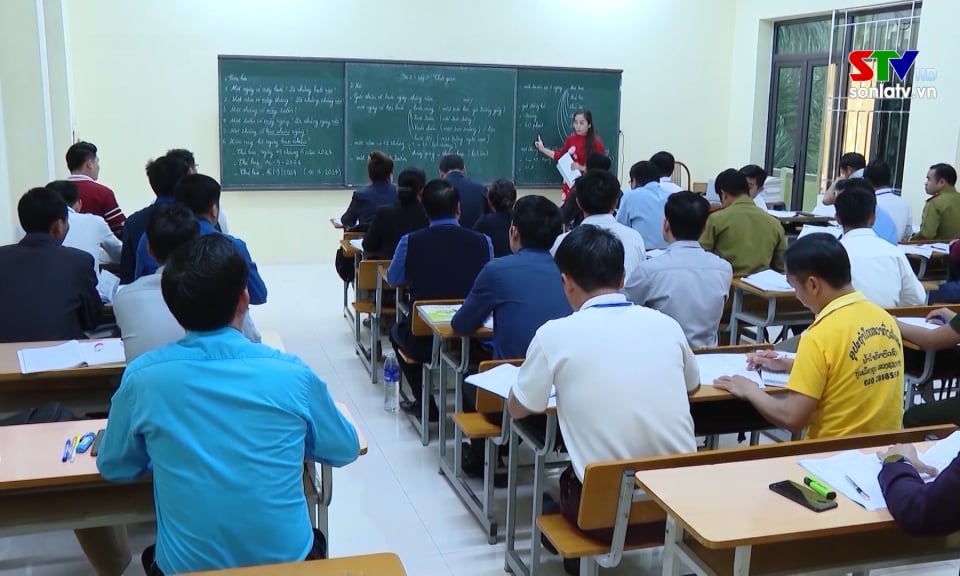
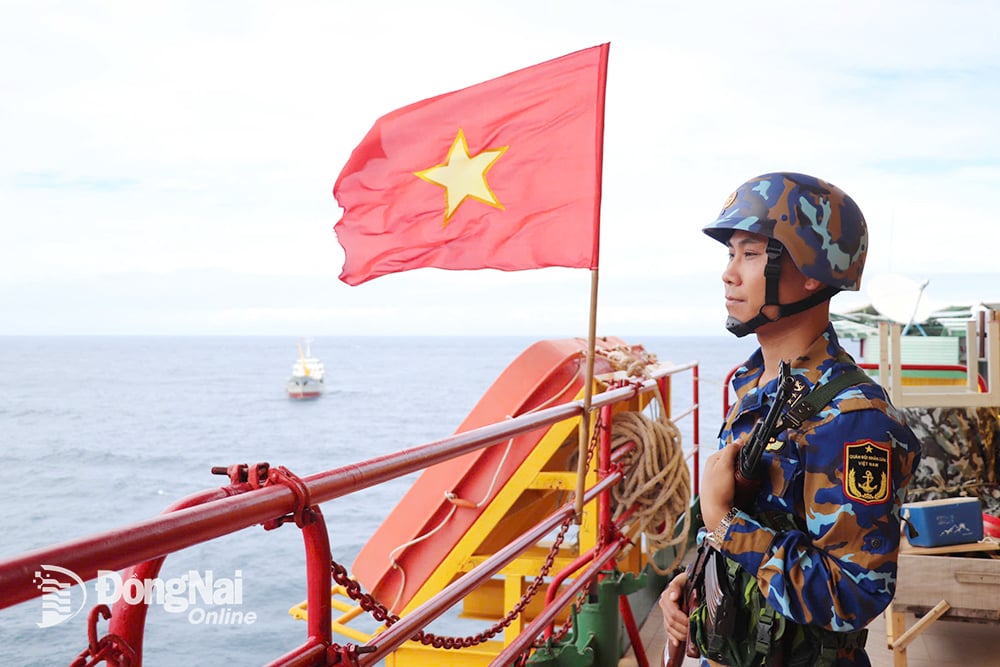

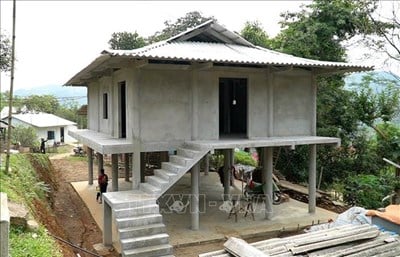
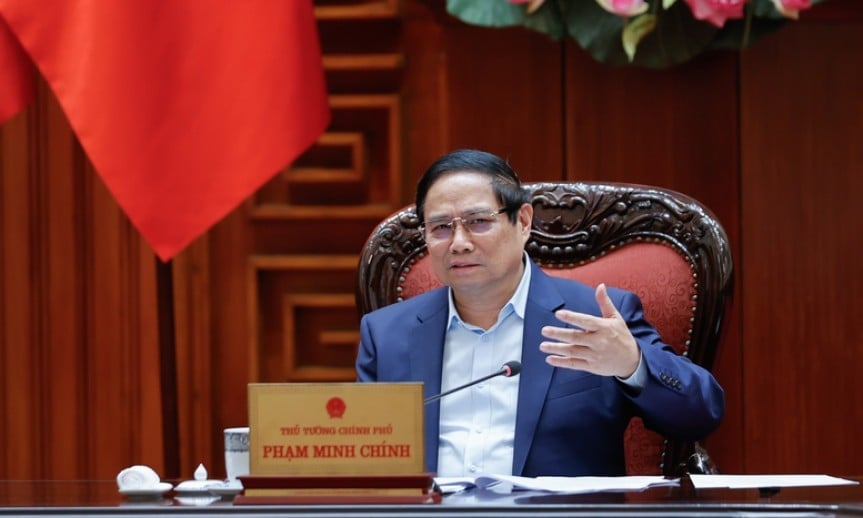


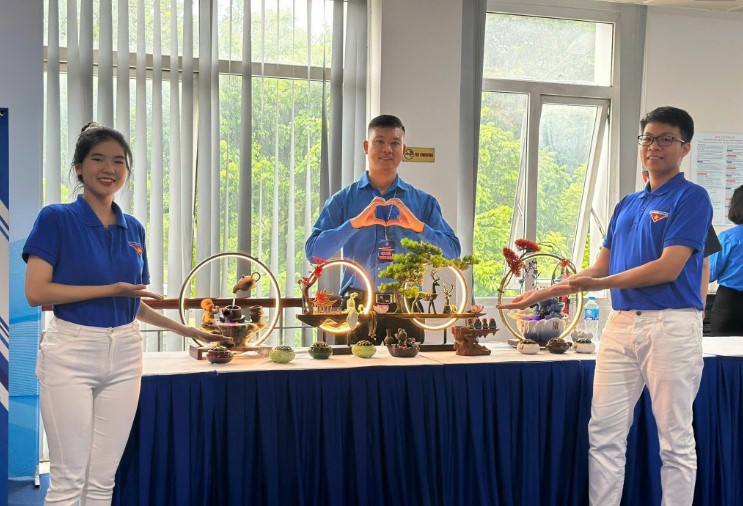
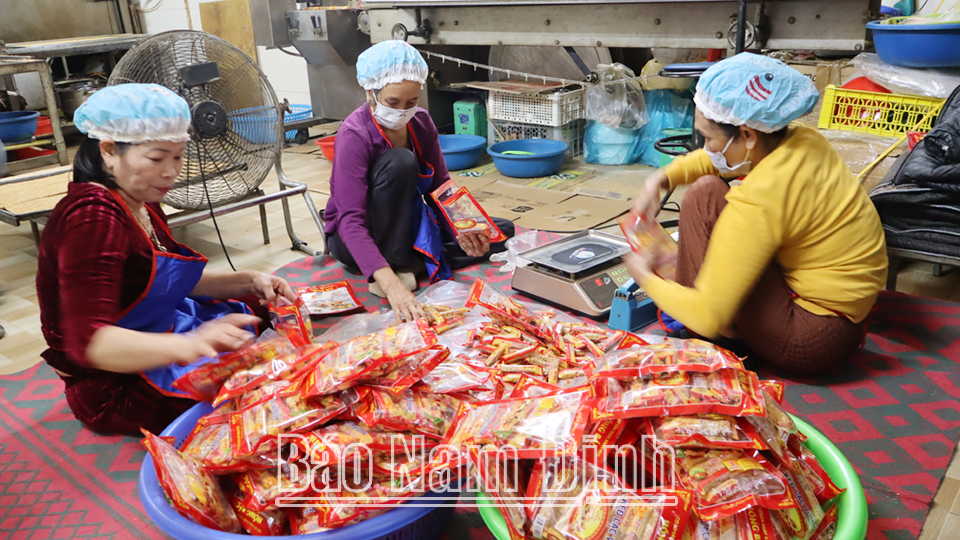


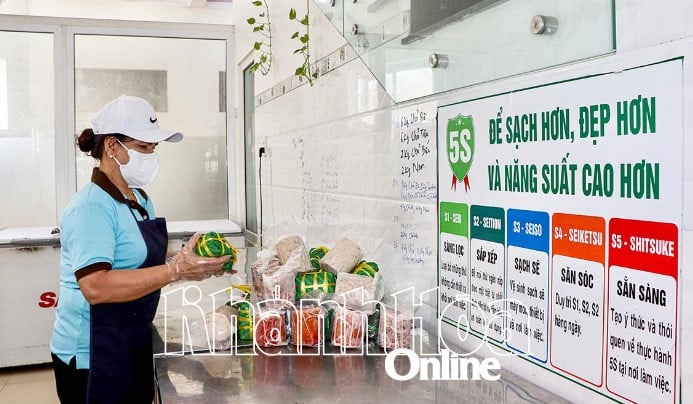

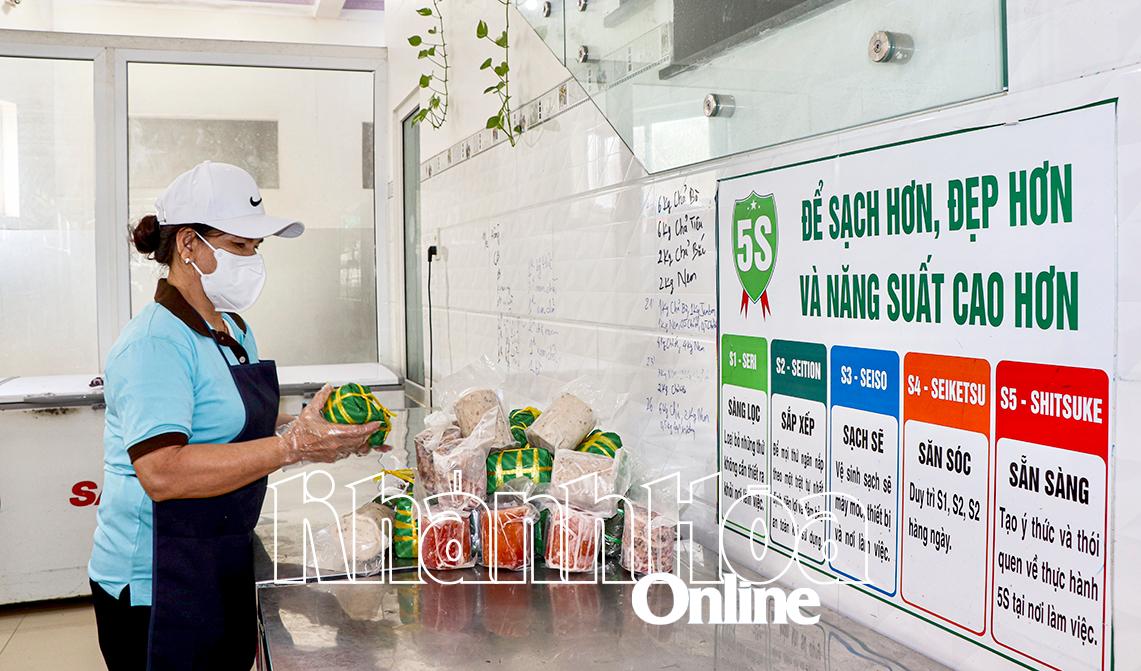
Comment (0)